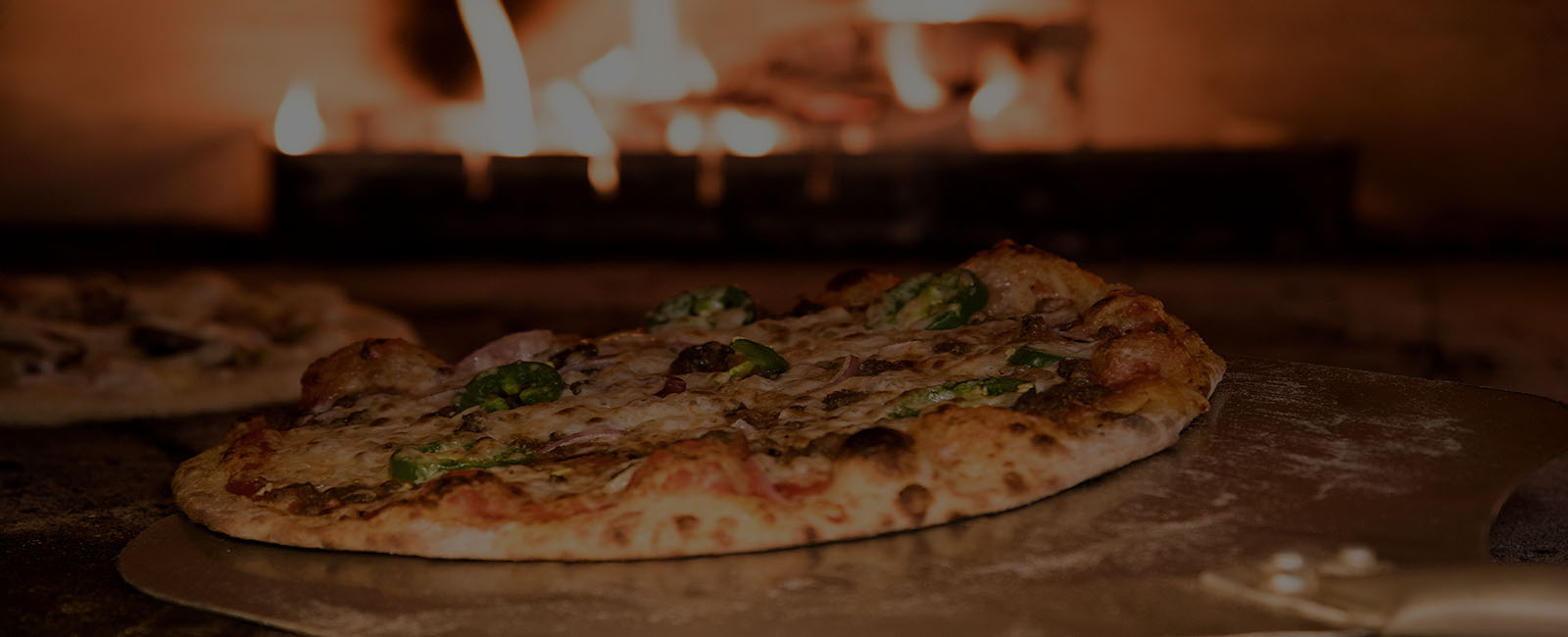Introduction:
In the bustling and diverse landscape of the Empire State, the hospitality industry thrives on the vibrant culture of food and drink. For entrepreneurs looking to be a part of this dynamic scene, obtaining a New York State Liquor License is a crucial step. This article explores the intricacies of acquiring a liquor license in the state of New York, providing a comprehensive guide for those seeking to tap into the rich tapestry of the state’s hospitality and beverage offerings.
Understanding the New York State Liquor License:
The New York State Liquor License is a legal permit that allows businesses to sell, distribute, and sometimes produce alcoholic beverages within the state. Whether you’re running a bar, restaurant, nightclub, or retail establishment, securing the appropriate license is essential for legal compliance and the success of your business in the thriving New York market.
Key Considerations for Obtaining a New York State Liquor License:
License Types:
Familiarize yourself with the various alcohol license ny types of liquor licenses available in New York, such as on-premises licenses for bars and restaurants, off-premises licenses for retail stores, and manufacturing licenses for breweries, wineries, and distilleries.
Eligibility and Zoning:
Ensure your business and location meet eligibility criteria, including compliance with zoning regulations.
Different license types may have specific requirements and restrictions, so be aware of the applicable regulations for your business model.
Application Process:
Complete the required application forms provided by the New York State Liquor Authority (NYSLA).
Provide detailed information about your business, ownership structure, and intended alcohol operations.
Community Board Approval:
Engage with your local Community Board, as their approval or recommendation may be required for certain license types.
Background Checks:
Anticipate thorough background checks on key personnel involved in alcohol service and sales.
Inspections:
Be prepared for inspections by the NYSLA to assess the suitability of your establishment.
Waiting Period:
Recognize that the processing of your application may take time as the NYSLA reviews the information provided.
Compliance and Ongoing Obligations:
Once the New York State Liquor License is obtained, ongoing compliance is essential:
Renewal:
Stay informed about license renewal deadlines to avoid interruptions in alcohol service.
Record-Keeping:
Maintain accurate records of alcohol purchases, sales, and inventory to comply with regulatory requirements.
Training:
Train staff on responsible alcohol service practices to ensure a safe and enjoyable environment for patrons.
Health and Safety Compliance:
Adhere to health and safety regulations to maintain a secure and compliant business.
Conclusion:
